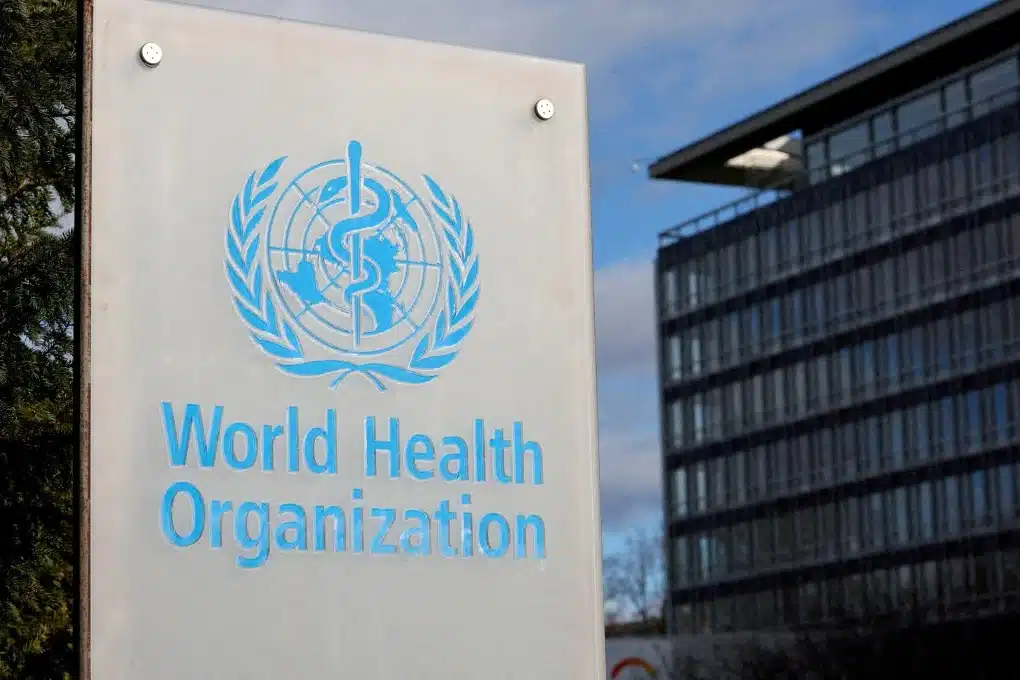WHO EMRO | World Health Assembly Adopts Historic Pandemic Resolution

Member States of the World Health Organization (WHO) have reached a historic milestone by adopting the world’s first Pandemic Agreement. This landmark decision, made during the 78th World Health Assembly, comes after three years of rigorous negotiations aimed at addressing the shortcomings revealed by the COVID-19 pandemic. The agreement is designed to enhance global collaboration and ensure a more equitable response to future pandemics, marking a significant step towards safeguarding public health worldwide.
Significance of the Pandemic Agreement
The WHO Pandemic Agreement represents a collective commitment from nations to improve international coordination in pandemic preparedness and response. Dr. Tedros Adhanom Ghebreyesus, the Director-General of WHO, emphasized the importance of this agreement, stating that it is a victory for public health and multilateral action. He noted that the agreement aims to protect societies and economies from the vulnerabilities exposed during the COVID-19 crisis. The adoption of this agreement is seen as a crucial step in ensuring that the world is better equipped to handle future health emergencies.
The agreement outlines essential principles and tools for enhancing global health architecture. It focuses on equitable access to vaccines, therapeutics, and diagnostics, which are vital in combating pandemics. By establishing a framework for collaboration, the agreement seeks to ensure that all countries, particularly those in need, can access life-saving health products during public health emergencies.
Implementation and Next Steps
Following the adoption of the Pandemic Agreement, the next phase involves negotiations on a Pathogen Access and Benefit Sharing (PABS) system. This system will be developed through an Intergovernmental Working Group (IGWG) and is expected to facilitate equitable access to pandemic-related health products. The outcomes of these negotiations will be presented at the next World Health Assembly.
Dr. Teodoro Herbosa, President of this year’s World Health Assembly, highlighted the urgency required in implementing the agreement’s critical elements. He stressed the need for systems that ensure equitable access to health products, reflecting on the lessons learned from the COVID-19 pandemic. The agreement is viewed as a unique opportunity to build a more resilient global health system.
National Sovereignty and Global Cooperation
A key aspect of the WHO Pandemic Agreement is its respect for national sovereignty. The agreement explicitly states that it does not grant the WHO any authority to dictate national laws or policies. This provision ensures that countries retain control over their domestic health measures while still committing to international cooperation in pandemic response.
The agreement also emphasizes the role of pharmaceutical manufacturers in the PABS system. These companies will be expected to provide rapid access to a portion of their production of safe and effective vaccines, therapeutics, and diagnostics. The distribution of these products will prioritize public health needs, particularly in developing nations, ensuring that vulnerable populations receive timely assistance during health crises.
Future Prospects and Global Health Architecture
The WHO Pandemic Agreement is the second international legal framework established under Article 19 of the WHO Constitution, following the WHO Framework Convention on Tobacco Control. Once the PABS annex is adopted and ratified by at least 60 countries, the agreement will come into force, marking a new era in global health governance.
In addition to the PABS system, Member States have directed the IGWG to initiate the establishment of a Coordinating Financial Mechanism for pandemic preparedness and response. This mechanism aims to enhance access to pandemic-related health products and remove barriers that hinder timely assistance during public health emergencies. The WHO Pandemic Agreement is a significant step towards a more coordinated and equitable global health response, ensuring that the lessons learned from past pandemics are not forgotten.
Observer Voice is the one stop site for National, International news, Sports, Editor’s Choice, Art/culture contents, Quotes and much more. We also cover historical contents. Historical contents includes World History, Indian History, and what happened today. The website also covers Entertainment across the India and World.
Follow Us on Twitter, Instagram, Facebook, & LinkedIn

